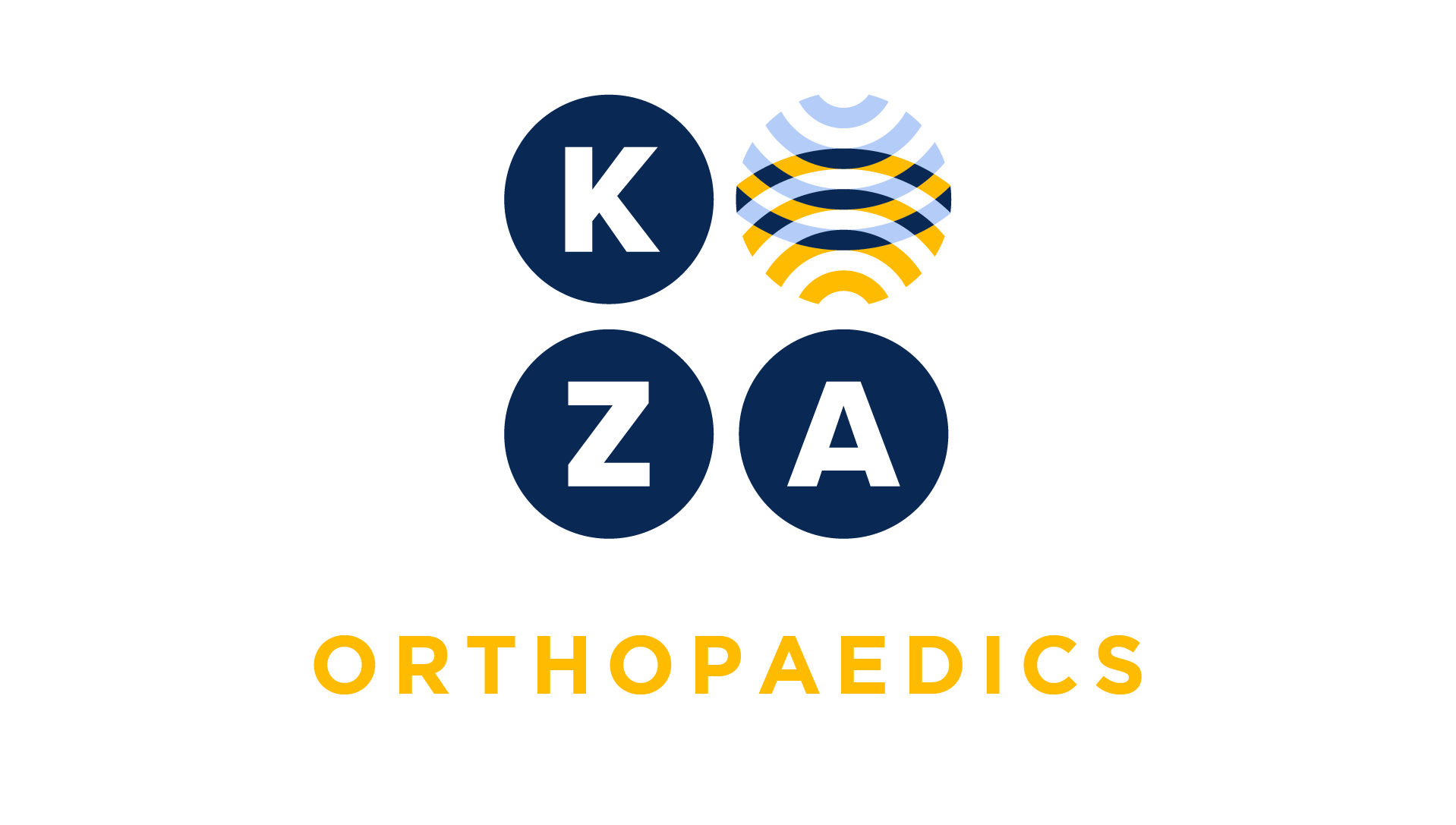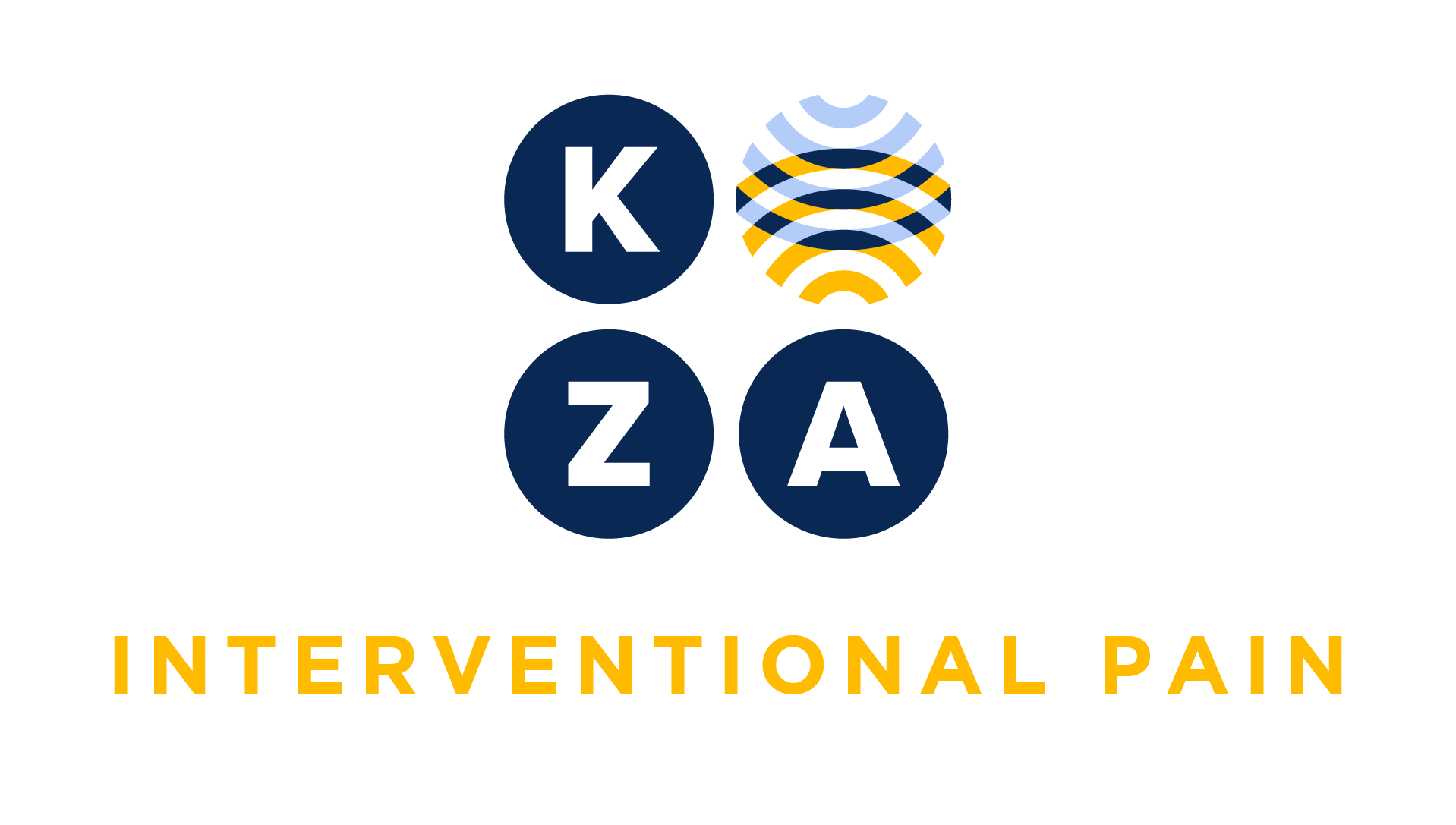
Choose your specialty from the list below to see how our experts have tackled a wide range of client questions.
Looking for something specific? Utilize our search feature by typing in a key word!
Modifier Order on CMS Claim Form
We are submitting a hospital claim form with the modifier 25 and FS modifier. We are unsure which modifier to list first. What is your recommendation?
Question:
We are submitting a hospital claim form with the modifier 25 and FS modifier. We are unsure which modifier to list first. What is your recommendation?
Answer:
Thanks for contacting KZA and remembering to use the FS modifier for shared services provided in the hospital. KZA recommends placing the modifier 25 first, as this is considered a reimbursement modifier followed by the FS modifier, which is an informational modifier.
Ruptured Aneurysm and a Hematoma
The patient present with a ruptured aneurysm. A craniotomy was performed to clip the aneurysm and the hematoma was evacuated to access the aneurysm. Are both the aneurysm clipping and the hematoma evacuation billable?
Question:
The patient present with a ruptured aneurysm. A craniotomy was performed to clip the aneurysm and the hematoma was evacuated to access the aneurysm. Are both the aneurysm clipping and the hematoma evacuation billable?
Answer:
No, the aneurysm codes are valued for ruptured or non- ruptured aneurysms and evacuating the hematoma to access and treat the aneurysm is included in the aneurysm code.
*This response is based on the best information available as of 02/16/23.
E-Consults?
One of my colleagues told me that she was doing e-consults with other physicians for Medicare and getting paid. Is this a billable service?
Question:
One of my colleagues told me that she was doing e-consults with other physicians for Medicare and getting paid. Is this a billable service?
Answer:
Yes! Medicare has added CPT codes 99446-99452 for interprofessional/ telephone/internet/electronic health record (EHR) consultations to the fee schedule, so they are now payable services. These are assessment and management services in which a patient’s treating physician or other qualified health care professional requests the opinion and/or treatment advice from a physician with specific specialty expertise. The consulting physician can assist the treating physician or other qualified health care professional in the diagnosis and/or management of the patient’s problem without patient face-to-face contact with the consulting physician. The consulting physician should not have seen the patient in a face-to-face encounter within the previous 14 days. If the consultation leads to a transfer of care or other face-to-face service within the next 14 days or next available appointment date of the consultant, these codes are not reported.
They are time-based codes and some require verbal and written report, while others require only a written report. More than half your total time must be spent on the medical consultative verbal or internet discussion, but the time you spend reviewing the medical records counts towards your total billable time. The written or verbal request for telephone/internet/EHR advice by the treating/requesting physician or other qualified health care professional should be documented in the patient’s medical record, including the reason for the request. Reimbursement ranges from $18.84 for 5-10 minutes of consultative service to $73.28 for 31 minutes or more of consultative service (based on national rates).
*This response is based on the best information available as of 02/16/23.
Catheterization and Intervention Billing
Does TEVAR allow for billing of catheterization and intervention? Would a 59 modifier be needed?
Question:
Does TEVAR allow for billing of catheterization and intervention? Would a 59 modifier be needed?
Answer:
Yes, billing for a catheterization in addition to the TEVAR is allowed. And no, a modifier 59 is not needed as these two codes do not bundle.
Secondary Payor Doesn’t Recognize Consultations
We have a patient with 2 commercial payers (BCBS and Cigna). A consultation code was submitted to BCBS, and they paid according to our contract. However, Cigna is refusing to process the claim since they no longer pay for consult codes. Am I allowed to change the CPT code and rebill Cigna? Or would I need to change the CPT, refile to the primary as a corrected claim, then send the balance on to Cigna?
Question:
We have a patient with 2 commercial payers (BCBS and Cigna). A consultation code was submitted to BCBS, and they paid according to our contract. However, Cigna is refusing to process the claim since they no longer pay for consult codes. Am I allowed to change the CPT code and rebill Cigna? Or would I need to change the CPT, refile to the primary as a corrected claim, then send the balance on to Cigna?
Answer:
We suggest calling CIGNA and ask how they want this handled according to their policies. WithMedicareyou have two options: (1) bill the appropriate category and level of service documented (e.g., for outpatient consults [99202-99215] or inpatient consults [99221-99223]) or (2) bill the consultation code, which will result in a denial of payment from Medicare and appeal on paper explaining the situation.
*This response is based on the best information available as of 02/16/23.
Implant vs Foreign Body
What is the difference between an implant and a foreign body?
Question:
What is the difference between an implant and a foreign body?
Answer:
On page 74 of the Current Procedural Terminology (CPT) Professional Edition 2023, the definition was added to the guidelines.“An object intentionally placed by a physician or other qualified heal care professional for any purpose (eg, diagnostic or therapeutic) is considered an implant. An object that is unintentionally placed (eg, trauma or ingestion) is considered a foreign body. If an implant (or part thereof) has moved from its original position or is structurally broken and no longer serves its intended purpose or presents a hazard to the patient, it qualifies as a foreign body for coding purposes, unless CPT coding instructions direct otherwise or a specific CPT code exists to describe the removal of that broken/moved implant.”






